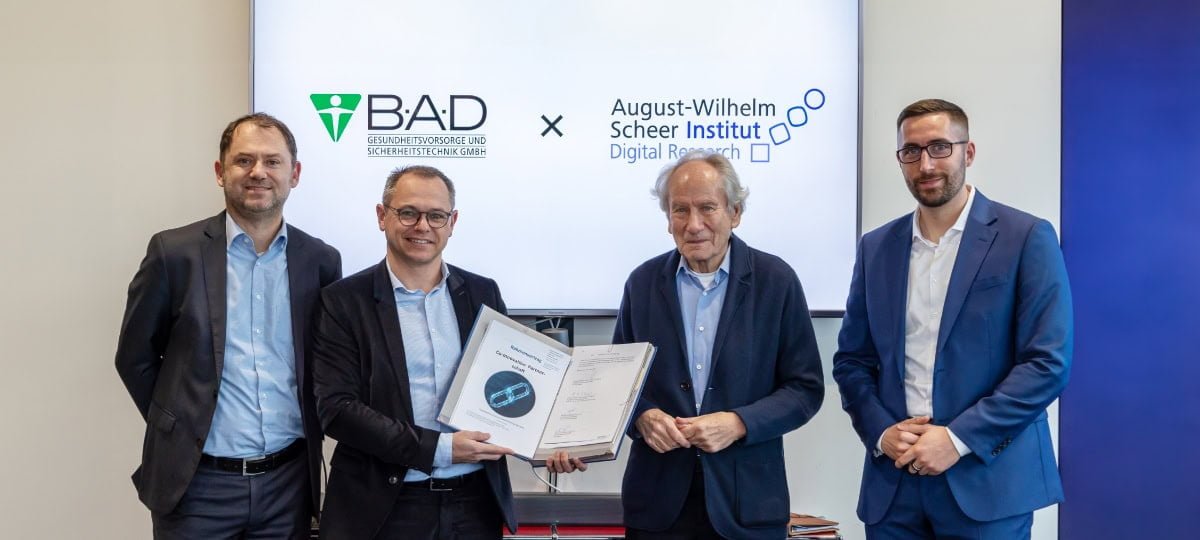Competitiveness

At the same time, almost half of companies report problems with digitalization, compared to 39% in 2023. These are the results of a survey of 606 companies with twenty or more employees in Germany commissioned by the digital association Bitkom. "We are seeing increased efforts to drive digitalization forward in many companies. Too often, however, they stop at discussions and do not yet move on to implementation," says Bitkom President Ralf Wintergerst. "Every single company now needs to make an effort to move from planning to implementation when it comes to digitalization. Analog business models are not the answer to intensifying competition. Management is called upon to seize the opportunities offered by digitalization."
The vast majority of companies complain that external conditions are slowing down their digitalization. These include increased energy costs, a lack of growth momentum, the disruption of supply chains, inflation and high interest rates. A look at investments in digitalization reveals a mixed picture. Seven percent want to invest significantly more in digitalization than in 2023 and 14 percent slightly more. And around half want to continue investing at the same level. "In view of the difficult economic situation and the numerous regulatory interventions, predominantly stable or even increasing digital investments are a positive signal on balance," says Wintergerst.
The vast majority of companies are taking a strategic approach to digitalization. Only seven percent still have no strategy for managing digital change. Last year, the figure was eleven percent. Around one in three companies has now developed a company-wide digital strategy, while 60% have one in at least individual areas of the company. "Companies are strategically positioning themselves for digitalization, developing strategies and concepts and also setting up internal control units. However, there is a lack of the necessary investment," explains Ralf Wintergerst.

“We are seeing increased efforts in many companies to drive digitalization forward. There is a lack of implementation.“
Ralf Wintergerst, President, Bitkom
The vast majority of companies are currently working on digitalization projects in various areas of the company. Customer service and logistics are at the top of the list. This is followed by sales and accounting. Around one in four companies has digital projects in production, marketing or product development. Every fifth company has such a project in controlling, and only 17 percent in human resources.
Digitalization projects are often driven by the company's top management. In more than half of the companies, the board of directors or management is the driving force behind digitalization projects. This is closely followed by the IT department. In ten per cent of companies, responsibility lies with the Chief Digital Officer (CDO) or a "Head of Digitalization", in seven per cent with those responsible for corporate development. But in one in nine companies, digitalization comes from the grassroots.
The currently much-discussed future technology of artificial intelligence is of great importance for 82% of companies in terms of future competitiveness, but only 13% are using it, while 33% are planning or still discussing it. Although 44 percent consider the metaverse to be important, only two percent use the technology or are planning or discussing its use. And 51% consider quantum computers to be very important, but practically no company is using the technology or is already in the planning or discussion phase. "As a country that is poor in raw materials and is also facing a serious demographic change, we need to focus more on digital technologies than in the past. Artificial intelligence in particular offers huge opportunities and is reshuffling the cards in almost all sectors," says Bitkom President Ralf Wintergerst.




